Community health workers deliver services in South Sudan’s remote areas
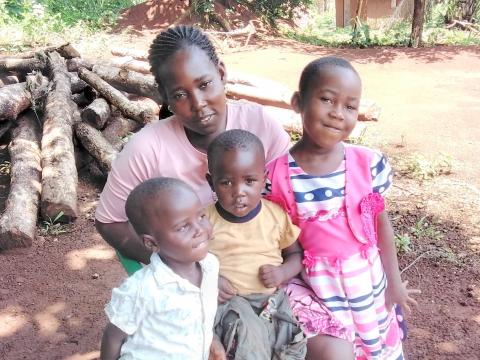
“My child was sick in the night. He was sweating with a high fever. I was scared and quickly rushed with him to Paul Muke, the boma health worker’s home on what to do”, says Pasculina Wanga, a 26 years old mother of three.
She adds, “My 3-year-old son Salah tested positive for malaria and with Paul’s help, was checked and provided with malaria drugs. But his situation worsened that night and we were referred to Ezo Hospital for further medical attention”, adds Pasculina. Salah is Pasculina’s second-born of her three children.
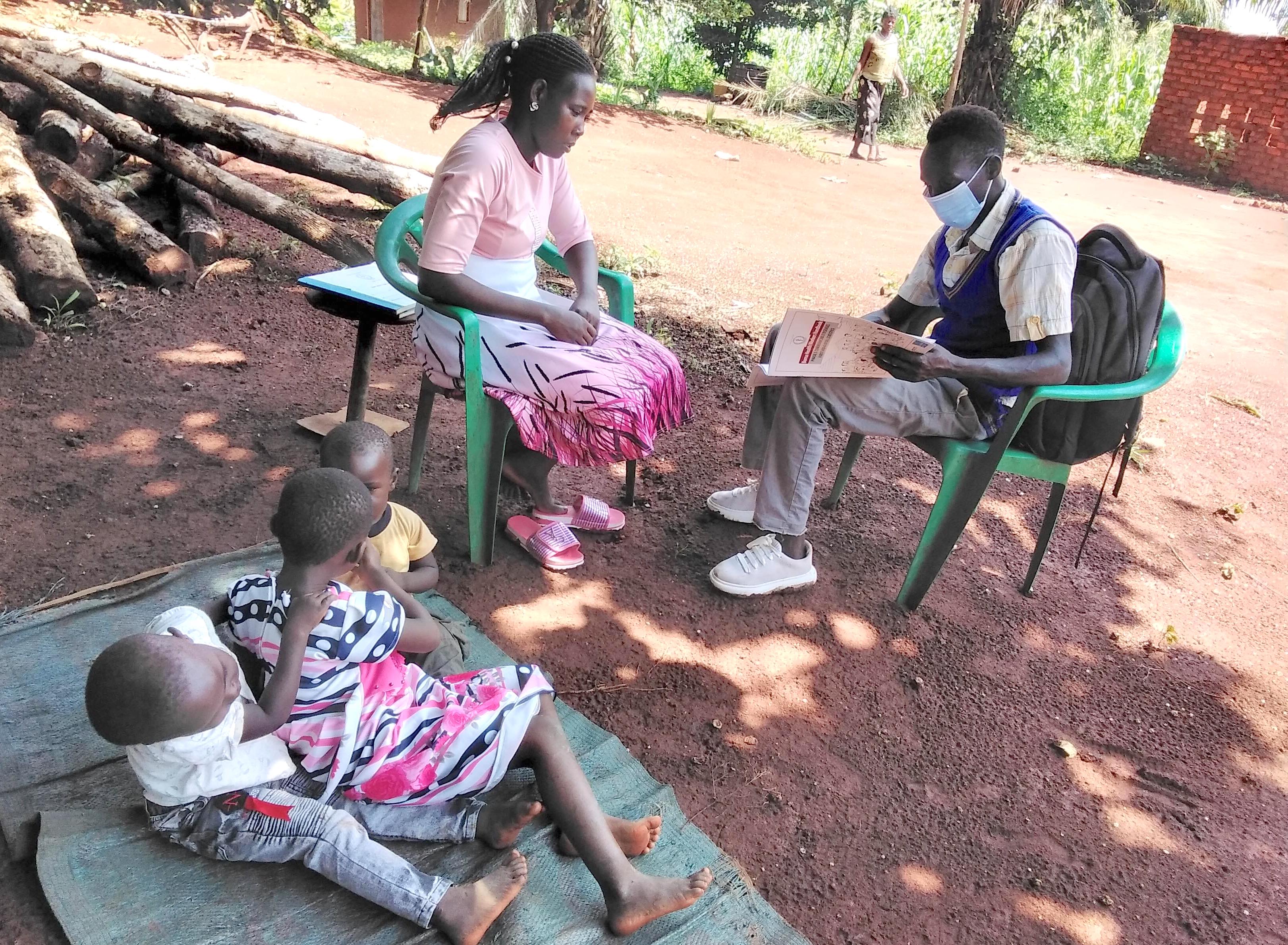
She said Salah was shivering and throwing up during the night and his temperature was very high. “I was helpless and worried. That was the longest night of my life.” The village in Ezo County, a part of South Sudan’s Western Equatoria State where the family lives is 3-kilometers away from the nearest health facility.
“My husband Salbet traveled and I was alone with Salah and his siblings when he became sick. By 7:00 in the morning, I was already on my way to the hospital”, she shares. As soon as Salah was treated at the hospital, his health improved. After three days, they were discharged and allowed to go home.
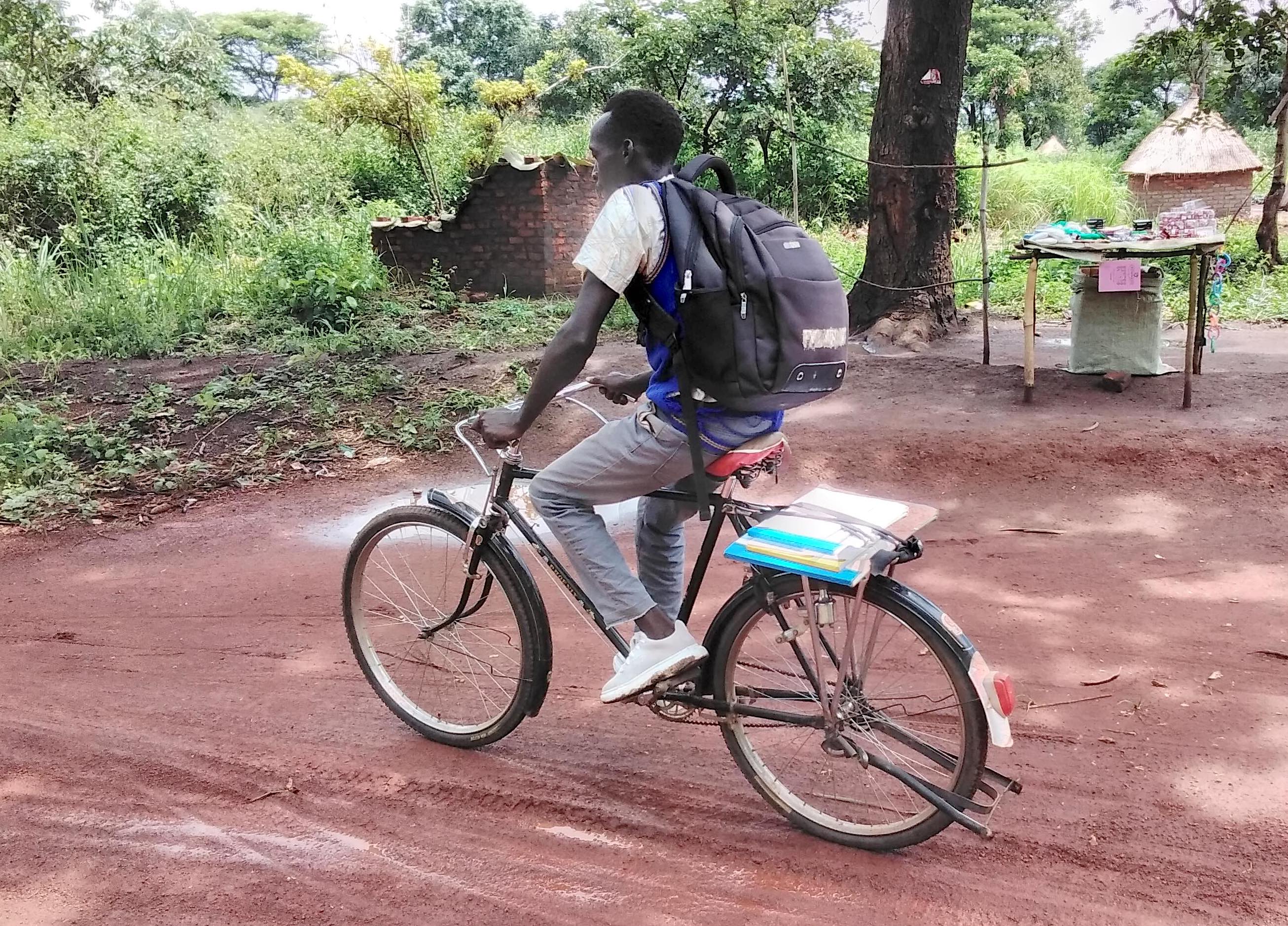
Pasculina remembered that her youngest son Abel also got sick when he was six months old. “Just like Salah, he was also vomiting, had a high fever, and loss of appetite. He was also admitted to the hospital for three days. I was worried because it was our second time to go to the hospital”, she adds.
We are very happy with World Vision for supporting health workers to assist us in our communities. Apart from this, they also provide us with health education.
“We are very happy with World Vision for supporting health workers to assist us in our communities. Apart from this, they also provide us with health education. Now my children are healthy because I learned from the health workers how to feed and take good care of them,” she happily shares.
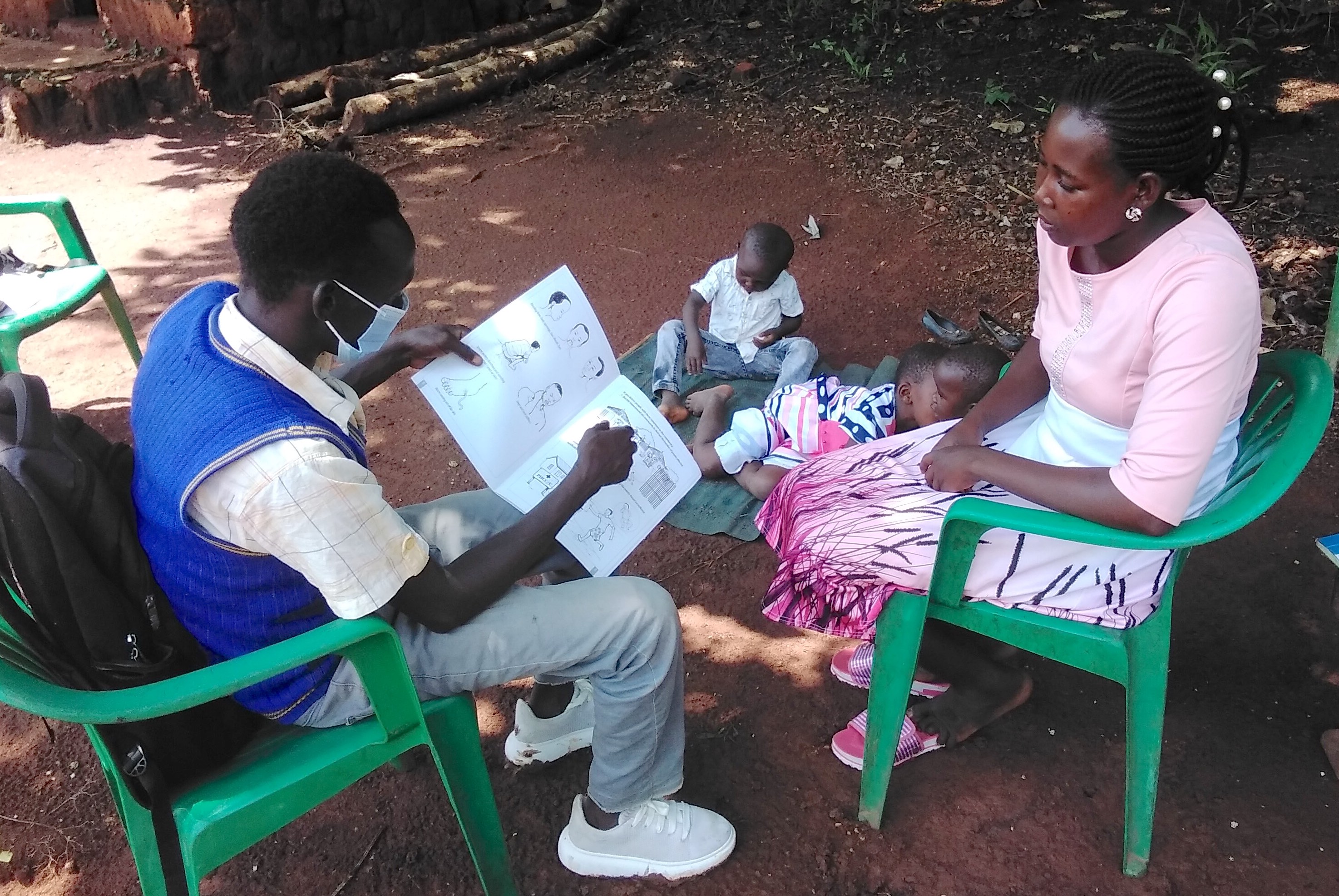
Thomas Yoseke Noseke County Health Department Director, Ezo County says, “Ezo County experienced low coverage of maternal and child health indicators in the past years due to insecurity.”
“The low antenatal care, delivery and family planning services, and the absence of active community-based program as a linkage between the community and formal health care delivery system affected the achievement of key indicators before implementation of the BHI program”, Noseke adds.
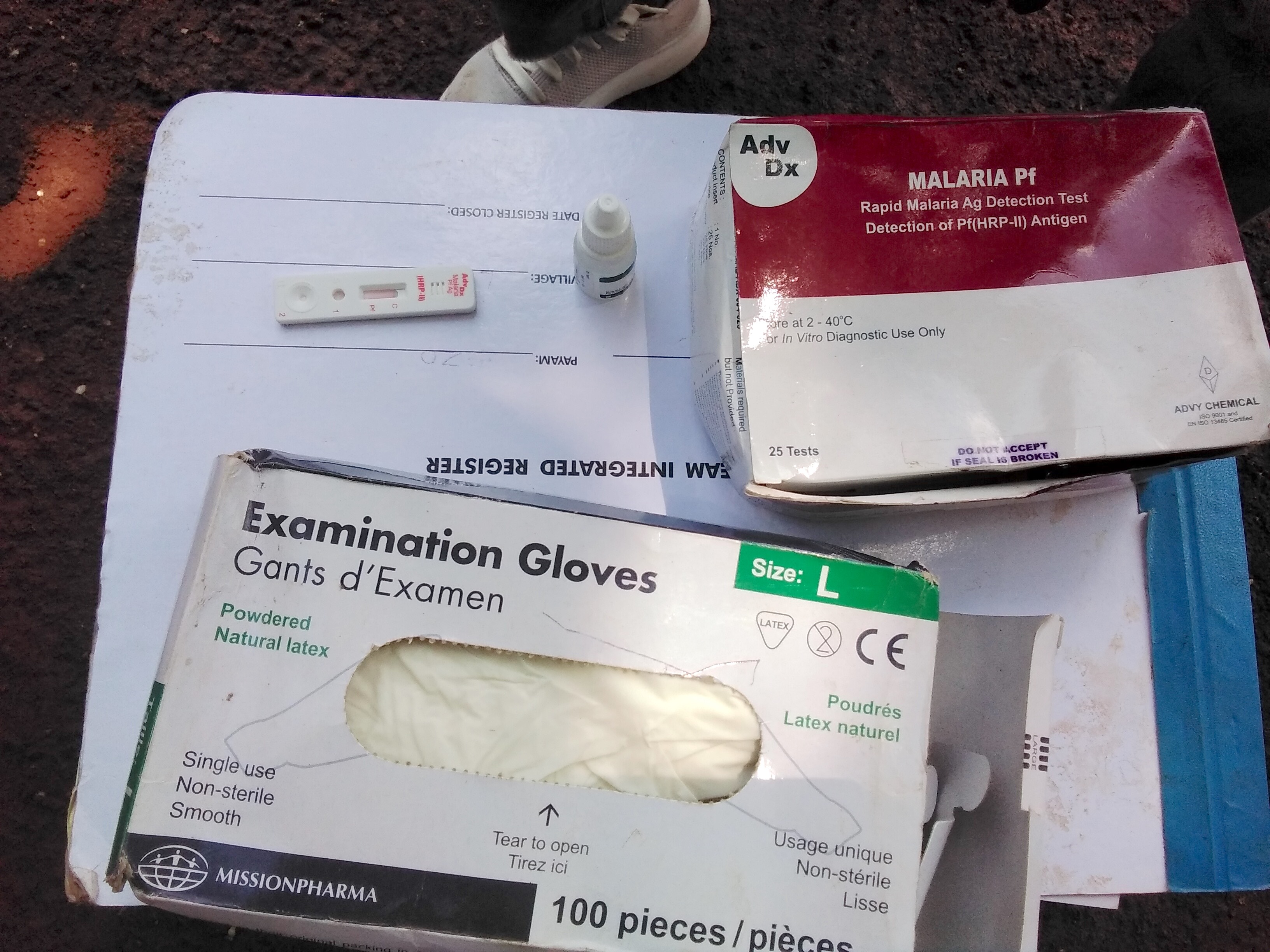
With support from the Health Pooled Fund (HPF), World Vision's Boma Health Initiative (BHI) Programme is composed of a network of 84 boma health workers trained on safe motherhood, family planning, sexual and gender-based violence, identification and treatment of simple cases of malaria, diarrhea, and pneumonia in children under five at the community level while referring complicated cases to health facilities.
World Vision’s Ezo County Health Coordinator Yengi Evans Samuel says, “This program has delivered sustainable impact to the communities of Ezo County, improving maternal and child health indicators.”
Story and photos by Dr. Yengi Evans Samuel, County Health Coordinator